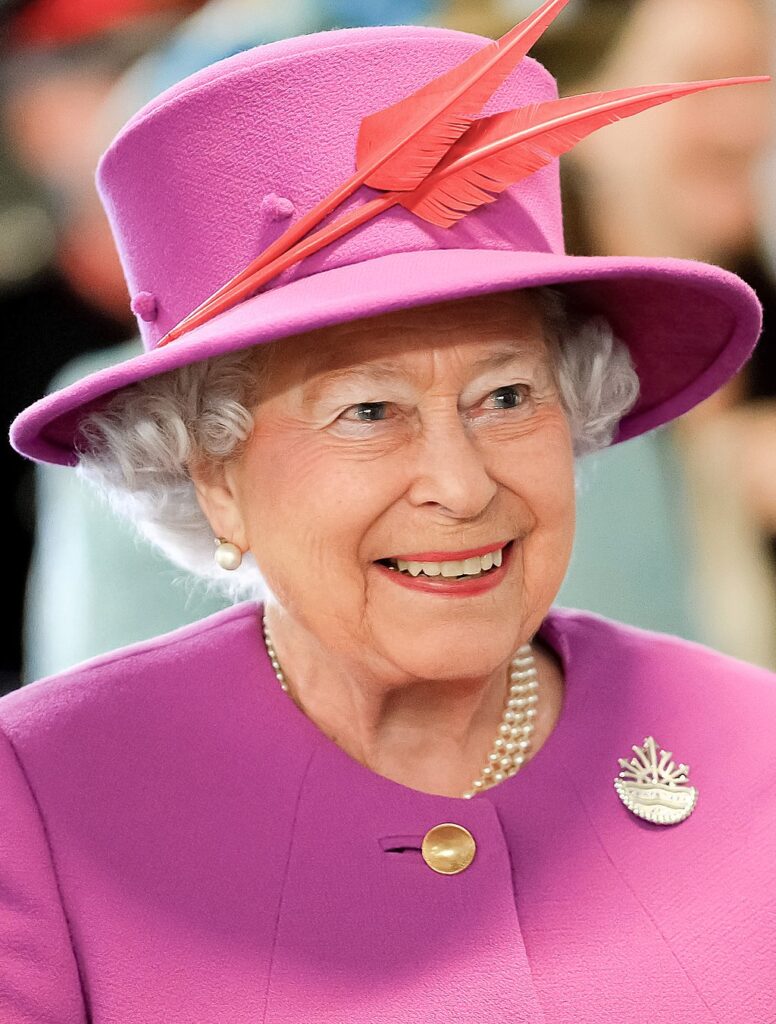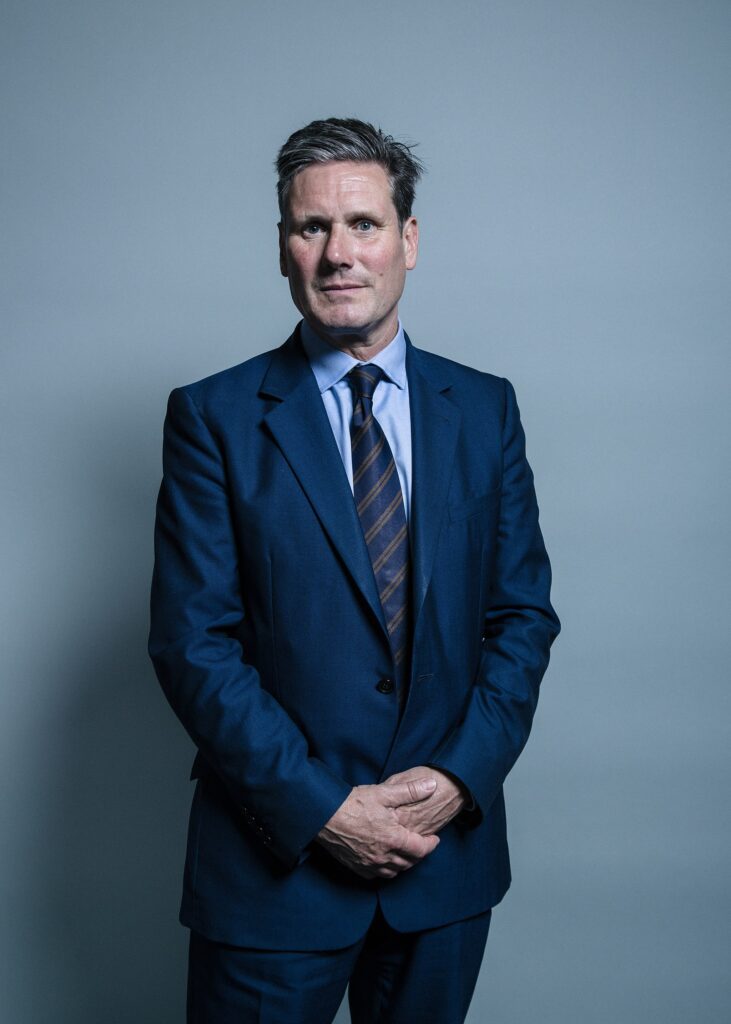In my last post, published on Sunday, I suggested that the British prime minister Liz Truss and her Chancellor Kwasi Kwateng should have been pleased with how their budget was going down. The messaging was clear, and the opposition response muddled. By Monday, though, the story had moved on. Bond and currency markets were giving the statement a spectacular thumbs down, and there was a whiff of panic in the air. The panic has passed, but it is evident to almost everybody that the pair have dug their party into a very deep hole. Today the Bank of England announced that it would be forced to finance a portion of government debt through money creation. It’s not a good look.
The market rout begun on Friday, especially in the gilt markets – but on Sunday Mr Kwateng clearly felt things were going well enough to double down on his tax cutting plans, and suggest there were more cuts to come on. But by Monday he was forced to try and calm things down, with promises a proper plan for national debt. Faithful supporters have been doing their best to mount a rearguard action, though no minister has put their heads above the parapet. They have tried to deflect the currency problems onto the US dollar, which doesn’t explain the sharp devaluation since Friday, evident against even such currencies as the Turkish Lira. All suggested that there was more to come to make things better. Tory MP Andrew Bridgen suggested the government might like to cancel the flagship HS2 rail project; John Redwood, a veteran MP who is somewhat more economically literate, said that the government was about to reveal a tranche of supply-side reforms, so the markets hadn’t seen the full picture. These messengers were helped (on BBC radio at least) by the lack of economic grip of their interviewers, who did not press them on the obvious gaps in what they were saying. The BBC also helped when remarkable criticism came in from the IMF, by highlighting their comments on inequality -rather that the much more damaging criticism that the budget threatened to create a recession rather than head it off.
The darkening mood was no doubt caused by the prospects for mortgage rates. The reason that markets stabilised was that traders came to appreciate that interest rates would go up in reaction to the budget. Mortgage providers reinforced this point. Commentators quickly showed that increases to mortgage payments for homeowners would quickly overwhelm any extra cash coming from tax cuts. And this is a critical group to Conservative electoral prospects. The criticism by government supporters of the Bank of England not raising interest rates earlier (“asleep on the job” according to Mr Bridgen) doesn’t really help here. Once the government’s ability to finance itself comes into question it has no attractive option to dig itself out. Monetary financing at a time of inflation is hardly going to stabilise things. Reversing the tax cuts would be a humiliating retreat which could taint the Conservatives for a generation. Spending cuts on the scale needed would alienate a large part of the party’s base, as would letting interest rates rip (though a different part of that base). Supply side reforms would have to be big and spectacular to reassure markets. Release immigration controls? Re-enter the EU Single Market or Customs Union? Stop Russian sanctions and invite oligarch money back?
What makes things worse for the government is that they were warned well in advance. During his leadership campaign former Chancellor Rishi Sunak warned Conservative Party members that handling the energy crisis and making tax cuts did not go together. Ms Truss poo-pooed this as “Treasury orthodoxy” which had ended up in years of sub-standard growth. There is certainly a baleful aspect to Treasury orthodoxy that requires intelligent challenge – but the Treasury also has experience of navigating the treacherous world of government finance. FT columnist Janan Ganesh says that the government has fallen into the trap of trying to apply policies appropriate to the United States to a medium-sized archipelago whose currency is not used as a global reserve. Success in running British economic policy is a delicate balancing act which depends on maintaining confidence, not thumbing your nose at the rest of the world.
What of Labour? They can hardly believe their luck. The initial response was fumbled. They went on about the tax cuts for the rich (and the abstract idea of “trickle-down economics”) – leaving the much bigger charge of being reckless with the country’s finances muted. But by Monday, with their party conference in progress, they started to find their feet. Their shadow chancellor, Rachel Reeves, delivered a worthy speech, in which she gave emphasis to financial stability. She also started on an alternative growth narrative that did not depend on tax cuts – through green investment and such. It is important that the Tories are not allowed to win the growth argument by default, of which there was a distinct chance, so ruthless and repetitive has been their messaging.
This has been complemented by an orderly conference, with its leader, Sir Keir Starmer, clearly in control. Dissent has been modest. I listened to two interviews by senior members of the party’s socialist wing: John McDonnell and Diane Abbott. Neither created trouble (and Mr McDonnell was distinctly more in command thad than Ms Reeves). The party was able to develop a narrative of a government-in-waiting.
Still, there are two big problems with Labour’s stance. The first is that they lack an alternative fiscal policy. They only said that they would reverse the higher rate tax cut, which has little fiscal impact – and said would not reverse the national insurance and basic rate income tax reductions. So how would they try to fill the evident gap? We just got obfuscation. When challenged about how the party was would maintain spending on the NHS and social care, Ms Reeves suggested that there was no problem because Mr Kwateng said so. They are trying to accept the fiscal package and disown it at the same time. To be fair, they did not say anything about not increasing Corporation Tax, and they have suggested higher windfall taxes on energy companies. But surely they are going to need something more. Tony Blair and Gordon Brown, who the leadership would like to emulate, solved a similar problem in the mid 1990s by adopting an austerity stance on spending – shadowing the Conservative government’s spending plans. This would take the party out of its comfort zone – but something like this will surely be necessary.
The second big problem is engagement with the European Union, as pointed out by Danny Finkelstein in The Times. The party understandably does not want to reopen the Brexit debate. But how to create a credible path for the country outside the union while shadowing so many EU policies on worker protection and the environment? This surely creates a competitive weakness. Mr Finkelstein thinks that the party, once in power, would surely be forced into a closer trading relationship, sacrificing many of the sovereignty gains as a result.
So Labour is trying to have its cake and eat it. Boris Johnson could get away with that, but it is harder to see that Sir Keir can. However the hole that Ms Truss has dug for her party is so deep that it probably doesn’t matter.
UPDATE, 30 Sep 22. The first quarter’s current account deficit was reported by the FT as being over 8% – compared to the 3% figure which I took from The Economist. According to the FT report (which dated from before the statement), this was making gilt markets nervous. This makes sense, though I would prefer to know exactly where the funding vulnerabilities are rather than relying on these broad aggregates. All this shows that there was lots of evidence that Mr Kwateng (and Ms Truss) were skating on very thin ice before the statement, but they chose to ignore it. Mr Kwateng’s decision to keep on digging the hole deeper in Sunday media interviews is quite astonishing.

